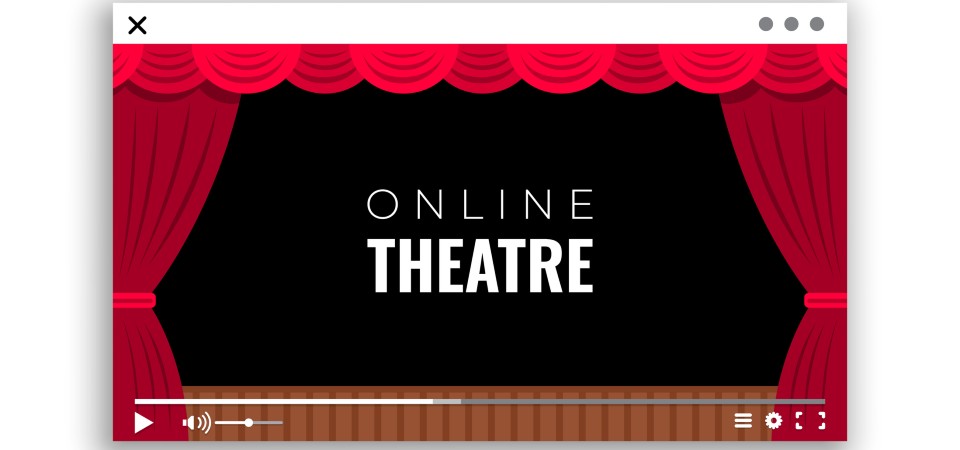Funded by the Arts and Humanities Research Council, the 18-month research project, Digital Access to Arts and Culture, is aimed at reintroducing the access that many vulnerable audiences enjoyed during the coronavirus pandemic when all shows went online due to theatre closures.
It sets out seven key areas to be considered and recommends that arts organisations should:
- Incorporate accessibility best practices into budgets
- Conduct extensive user journey mapping
- Address previously invisible accessibility needs
- Incorporate online provision into accessibility strategies
- Use all available routes to engagement
- Use multiple formats and platforms for digital distribution
- Experiment with new forms
The report also highlights six ways that funders and policymakers can incentivise organisations to improve their accessibility.
The suggestions include requiring theatres to commit a certain proportion of their funds to accessibility – with a figure of 15% being cited.
Another idea proposes that all non-profit organizations produce digital policies, including accessibility goals, as a condition of funding.
Loughborough's Dr Adrian Leguina, Senior Lecturer in Quantitative Social Sciences, who was a co-investigator on the project, said: "The increased availability of online arts and culture during the pandemic led to accessibility benefits for many people – in particular deaf and disabled, clinically vulnerable, older, and geographically remote participants.
"Many participants with accessibility needs now see the provision of online arts and culture as an essential accessibility feature.
"However, various factors have recently caused performing arts organisations in particular to pull back from providing regular streaming content.
"These include low revenue potential, no sector-wider digital rights framework, a hierarchisation of in-person over online content, and a funding environment that favours one-off digital projects.
"As a result, many people with accessibility needs now risk returning to pre-pandemic levels of exclusion from arts and culture.
"The report's authors conclude by arguing that hybrid (in-person and online) programming must form a key factor in future accessibility improvements: the more routes that exist for engaging with arts and culture, the easier it is to engage with, and the more inclusive it can become."
ENDS
